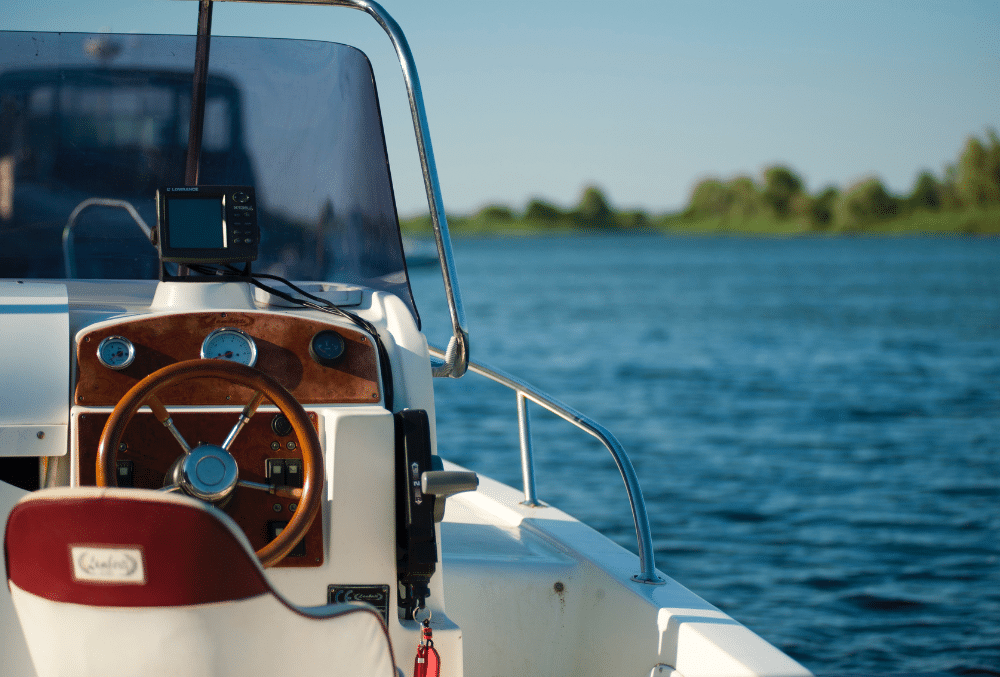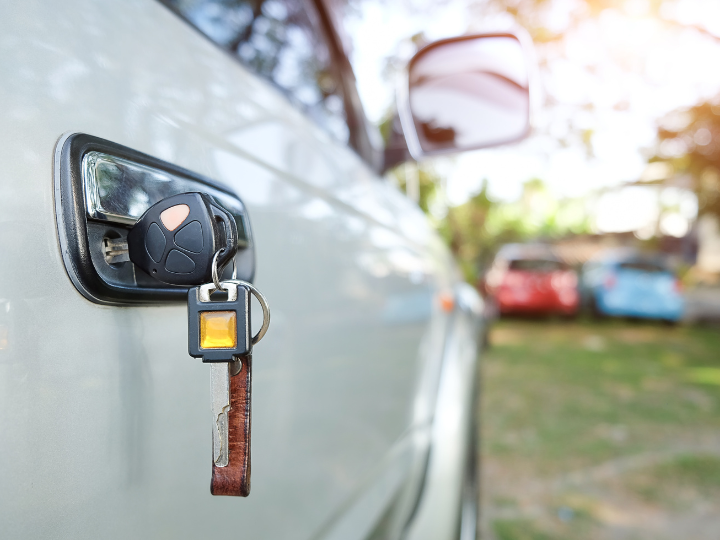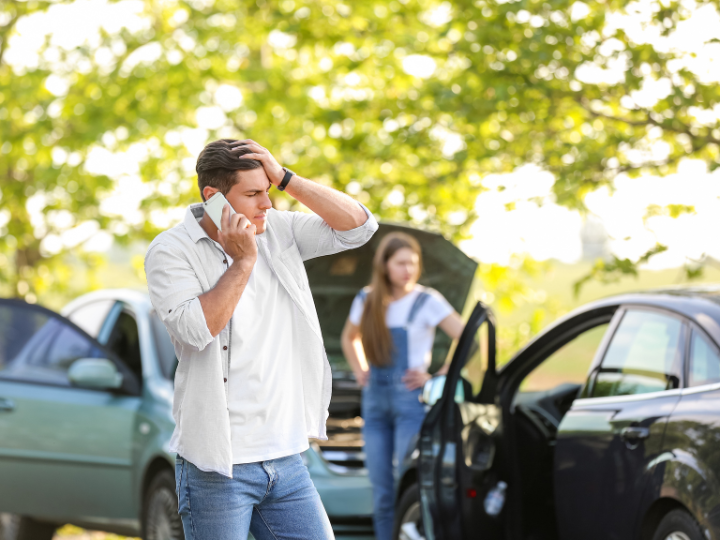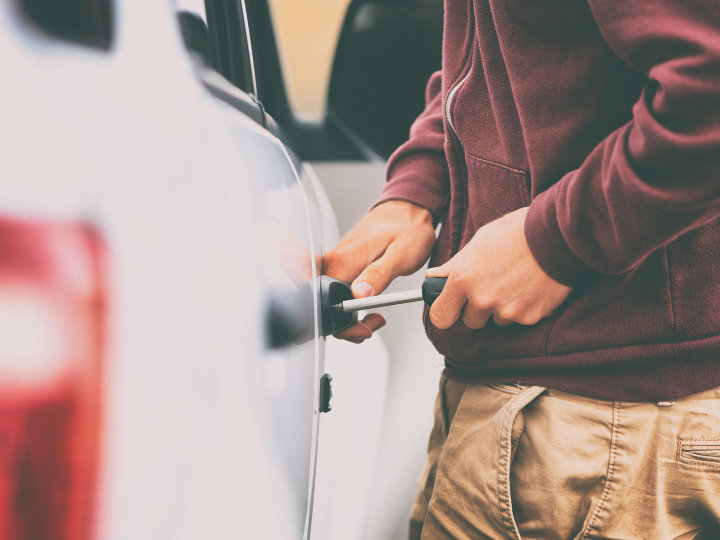5 Boating Hazards to Watch Out for This Summer on the Water
July 5, 2022
Boating is a popular activity, but it can also be dangerous. According to the Canadian Safe Boating Council, drowning is the 4th leading cause of accidental death in Canada. Driving a boat under the influence, not wearing safety gear, and freezing cold water have been known to cause many fatalities.
Unfortunately, if you are not careful, boating accidents can happen and put you at risk of severe injuries. That is why taking proper precautions is vital when out on the water. Below is a breakdown of the most common boating hazards to spot and avoid next time you sail.
Common Boating Accidents and Hazards
Boating accidents can occur for many different reasons. Boat owners risk injury or property damage from common hazards like wind, waves, and onboard equipment failure. Here are some examples:
- The steering becomes jammed and will not turn
- The engine overheats due to improper maintenance or neglect (such as from failing to change the oil)
- Your lines become tangled around your propeller shaft, causing damage and possibly sinking your boat
- Wind gusts cause your sailboat to capsize, especially if one person is steering while another is raising the sails or handling the ropes
Below are some of the most common causes of boating accidents:
1. Weather Conditions
Capsizing causes almost 40% of recreational boating deaths. Weather conditions can change quickly while out on the water. One minute it may be sunny and calm, and next, there can be an abrupt storm with high winds and lightning striking nearby. Therefore, all boaters must know how to read weather reports before heading out onto the water.
The weather is one of the most common boating hazards. Most people do not realize how boats are affected by weather conditions, just like cars are. The wind can blow you off course or even capsize your boat if it is not adequately equipped for heavy winds or storms. If a storm is coming, you must get back to shore as quickly as possible.
2. Boat Size, Speed, and Type
Boat size can also play a role in boating accidents. Smaller boats are easier to maneuver, but may not be able to carry as many passengers safely as larger boats can. Many people on a tiny boat could make it unstable and more likely to capsize when strong winds or waves hit them.
Speed is another crucial factor in boating accidents because it affects how stable your boat will be at any given time. Boats move through water much faster than cars on land — which means they are harder to control at high speeds. Plus, they are more likely to tip over if they hit something unexpected, like rocks or other boats, at high speeds.
3. Boat Conditions
The condition of a boat is one of the most critical factors in boating accidents. If a boat is not in good condition or has been poorly maintained, it may be unsafe to operate. A boat that leaks or is unstable can quickly develop problems that lead to an accident.
Conditions like faulty equipment or poor maintenance can increase the risk of accidents. For example, if your engine overheats or becomes flooded while you are out on the water, you could lose control and capsize your vessel.
4. Driver Experience
Boating requires a good understanding of how boats work so you can operate them safely in different situations and avoid accidents at sea, on lakes, or along rivers where there is not much room for error when things go wrong on open water.
If a driver has little experience operating a particular type of boat, they may not know how to handle it in challenging conditions, thereby increasing their risk of an accident. The result could be a collision with other vessels or objects such as buoys or docks.
5. Driver’s Age
A driver’s age can also affect their ability to operate a boat safely. Children under 16 years old cannot legally operate boats unless accompanied by someone at least 18 years old who is also licensed to operate that type of vessel (usually called the “primary” person).
A younger driver may lack experience operating boats or may not fully understand how to use all the controls on board or what actions should be taken if something goes wrong with their vessel (e.g., knowing when to turn off the engine).
Water Safety Tips When Boating
The following are some essential tips for keeping safe while boating:
- Always wear a life vest when boating. Life vests come in different sizes, so be sure to find one that fits appropriately before purchasing. Not wearing a life vest is the number one risk in 84% of water fatalities.
- Keep your boat correctly maintained and in working order before taking it out on the water.
- Make sure all equipment is functioning correctly, including your radio and lights. Check your fuel supply and ensure you have enough to get where you are going and back again without running out.
- Check if everyone on board knows how to swim and use flotation devices in an emergency where they might need to jump overboard or abandon ship.
- Never drive a boat under the influence of alcohol.
Young children are at heightened risk because they may not understand how to use life jackets or other safety equipment, and they may not be able to swim well enough to save themselves if they fall overboard.
How Boat Insurance Protects You in an Emergency
Boat insurance is a must-have for any boat owner. It is the only way to protect your investment and ensure you are covered in an accident or common hazard.
Boat insurance can cover:
- Damage to your boat from accidents and collisions with other boats or objects like docks, piers, bridges, or shorelines
- Damage to other boats and property caused by your boat
- Personal injury or death caused by an accident involving your boat
- Liability coverage for injuries or damages (non-racing coverage)
- Medical payments if someone gets hurt on your boat and needs emergency medical care
- Coverage for fire damage to your belongings while they are on board (not while they are in storage)
Ontario boat insurance policies can vary considerably, depending on the type of boat, where you keep it, and how you use it. If you own a boat and do not have insurance coverage, you may be putting yourself at risk for financial loss in case of an accident or injury on the water.
Conclusion
Boating is a popular pastime for many people. The popularity of boating has led to a wide variety of boats and other watercraft available today. Nonetheless, boating can be hazardous if you are not adequately educated about boating safety.
If you are interested in protecting your investment with a boat insurance policy, contact Duliban Insurance today.












